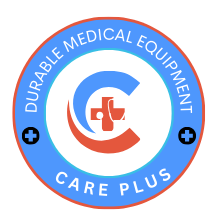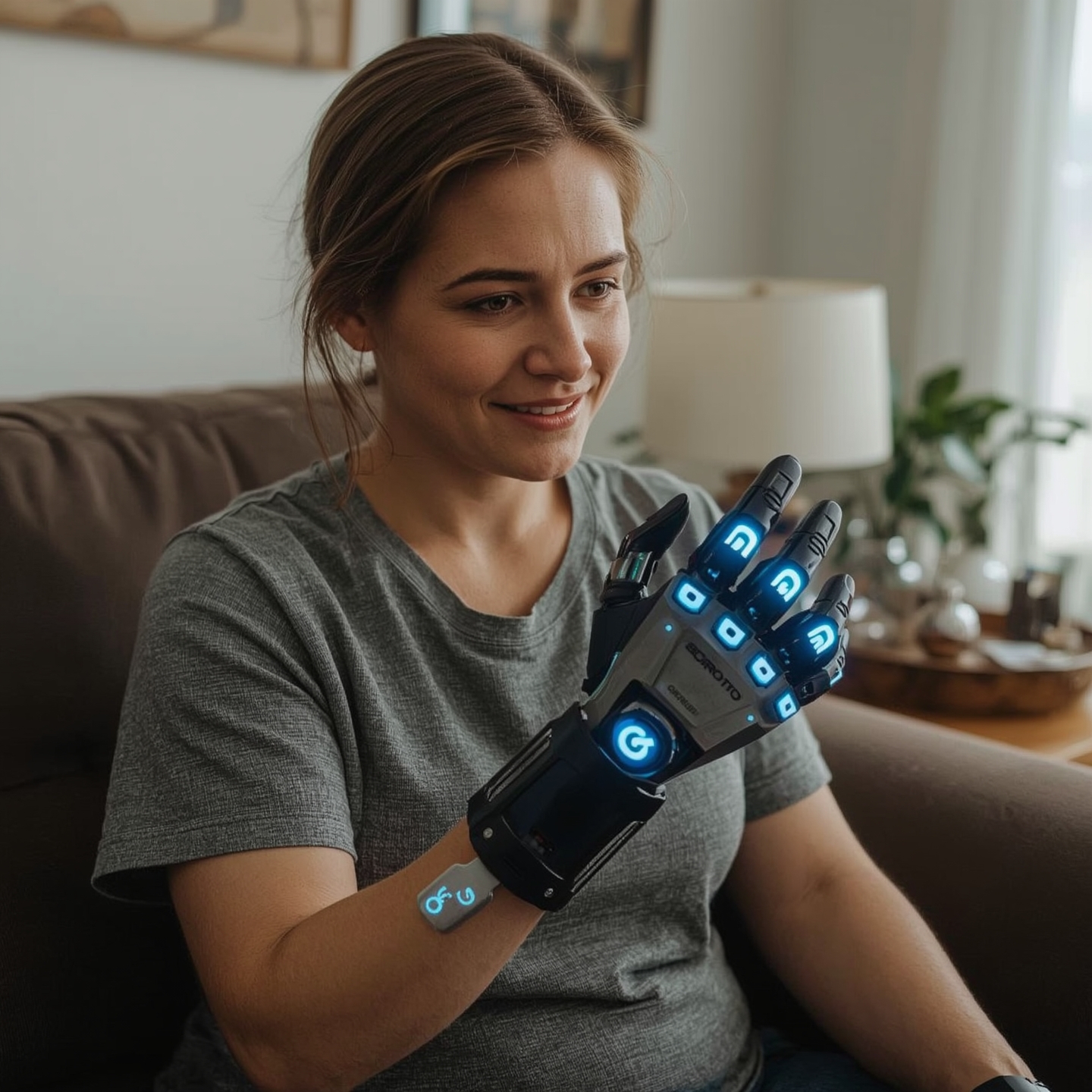Adaptive Equipment for Stroke Recovery: What’s New in 2025?
Introduction: Redefining Stroke Recovery in 2025
Every year, thousands of individuals become stroke survivors and begin the long journey of stroke rehabilitation. In 2025, advances in stroke recovery equipment are transforming how patients regain mobility, improve independence, and return to their activities of daily living.
From wearable robotics to AI-powered feedback tools, the new wave of technology is reshaping the stroke rehab experience, making it more efficient, accessible, and engaging than ever before.
Explore which is best for you
Why Stroke Recovery Equipment Matters
Recovery after a stroke is not one-size-fits-all. Each stroke survivor faces unique challenges—some need to improve arm strength, others must restore leg mobility or range of motion in multiple joints. Adaptive tools provide tailored assistance to boost independence and accelerate progress.
Therapy-A.com emphasizes the importance of early intervention using modern recovery tools in post-stroke care plans.
What’s New in Stroke Recovery Equipment for 2025?
1. AI-Powered Rehab Devices
Devices now integrate AI to adapt to a patient’s progress in real-time. For example:
- Wearables that monitor limb motion
- Smart gloves to improve arm dexterity
- Feedback-based gait trainers for walking
Read how innovation in this field is growing at KoreatechDesk.com.
2. Robotic Exoskeletons for Home Use
Once limited to clinics, robotic aids are now available for home-based stroke rehab. These lightweight exoskeletons help retrain muscles for tasks like:
- Reaching
- Grasping
- Standing/walking
HealthlinkHoldings.com shares insight into how robotics are transforming patient-led therapy.
3. Modular Training Kits for Daily Living Tasks
Modular rehab kits simulate activities of daily living such as:
- Brushing teeth
- Pouring water
- Dressing
These tools build muscle memory and restore confidence in self-care.
Eastin.eu lists functional equipment options categorized by patient needs and disabilities.
4. Fine Motor Training Devices
To restore finger and hand control, 2025 tools include:
- Smart therapy putty with pressure sensors
- Electric hand cycles
- Digitized therapy boards
Rosewood-Nursing.com highlights customized finger rehabilitation protocols using these tools.
5. Virtual & Remote Stroke Rehab Platforms
Digital platforms allow therapists to guide sessions remotely, track patient progress, and adjust exercises virtually, perfect for homebound patients.
Services like CavendishHomeCare.com use hybrid rehab models with virtual + in-person care.
Stroke Recovery Tools That Support Daily Life
Recovery goes beyond exercise. Here are tools designed to help with daily life challenges:
- Adaptive utensils and cups
- One-handed button hooks
- Long-handled sponges
- Speech & cognitive training apps
- Bathroom grab bars and toilet risers
ConnectToSupport.org provides directories of home adaptations and care resources.
How to Choose the Right Stroke Recovery Equipment
When selecting tools, consider:
- Doctor or therapist recommendations
- Specific needs (mobility vs fine motor)
- Portability and home use
- Evidence-based results
- Compatibility with your environment
Homage.com.my offers expert care insights and reviews of recovery devices.
Fundraising and Support for Stroke Survivors
Many tools are costly, but grants and fundraising platforms can help. Some families crowdfund for rehab tech through platforms like JustGiving.com, while others apply for local disability support.
DayOfDifference.org.au connects families with financial aid programs across rehab stages.
Final Thoughts: 2025 is a Turning Point in Stroke Recovery
Thanks to tech innovations, stroke recovery equipment is no longer limited to hospitals or physical therapy clinics. With personalized solutions for every stage of stroke rehab, 2025 is the year more stroke survivors regain function, confidence, and freedom.
💡 Don’t just adapt—recover smarter with tools built to support your everyday progress.
Can I use stroke recovery equipment at home?
Yes, many 2025 devices are designed for safe, home-based therapy with remote monitoring features.
What equipment helps most with hand movement?
Smart gloves, grip trainers, and interactive therapy boards are among the most effective.
Do I need a prescription for stroke rehab tools?
Some items can be purchased directly, but clinical devices may require medical guidance or insurance approval.




